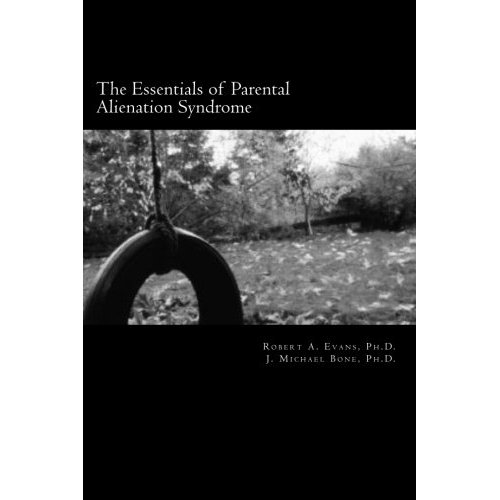This is the third article in a series focusing on the issues commonly cited against Parental Alienation Syndrome. Today we will dive deeper into argument number two: Children’s alienation from one parent is normal, therefore, not a disorder at all.
It is a statement of fact that some children will become temporarily alienated from one parent in divorce situations. The alienation may not be the result of a targeted parent’s behavior, however, to argue that because there is a lack of normative data to indicate that alienation from a parent is abnormal seems to fly in the face of what we know about child development, research on children from divorced families and parent-child relationships or even human relations for that matter.
Conflicts in families divorced or otherwise, can cause harm to children. It certainly matters how the conflicts are played out. The amount or degree of harm to children correlates with the severity of the conflicts. Relatively minor conflicts cause relatively minor effects; physical violence causes more emotional and psychological damage to the children.
It is almost universal for children of divorce to want and wish that their parents get back together. It is also very common that children blame themselves for the divorce. Throughout the range of discord in a family, however, children want to be with both parents and it is departures from this sentiment that are abnormal, not the other way around.
So to be perfectly clear, it is abnormal for a child to hate their parent without a valid reason.
It is also universal that children want to stay out of the conflict. So when we see children taking sides and sticking with a favored parent to the exclusion of a rejected parent flags should go up. We need to inquire as what the rejected parent did to justify the child’s reaction. Frequently there is little or no justification for the rejection. If that’s the case then there is the possibility that someone or some persons are behind the rejection.


